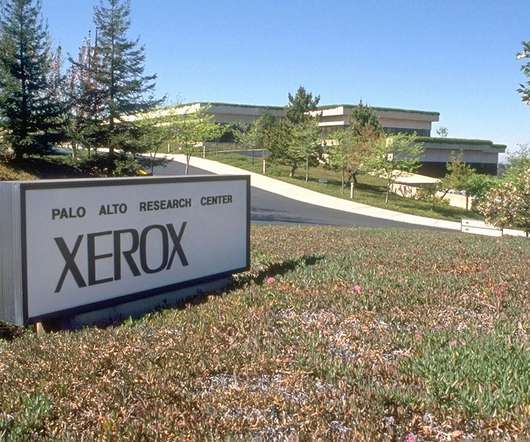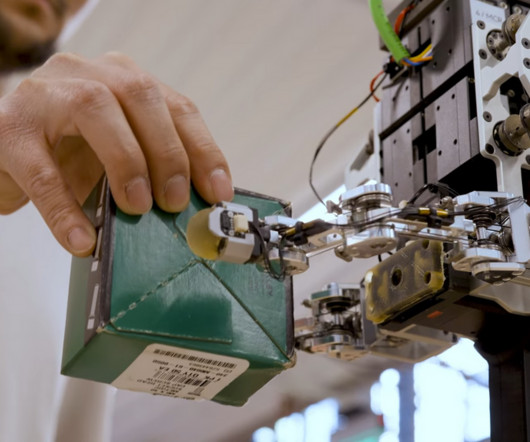MIT team exploring using LOHCs directly on-board hydrogen-fueled trucks
Green Car Congress
SEPTEMBER 10, 2023
A team of MIT researchers led by William H. Green, the Hoyt Hottel Professor in Chemical Engineering, is developing a technology that allows liquid organic hydrogen carriers (LOHCs) not only to deliver hydrogen to the trucks, but also to store the hydrogen onboard. Proposed process flow diagram for onboard dehydrogenation.



















Let's personalize your content